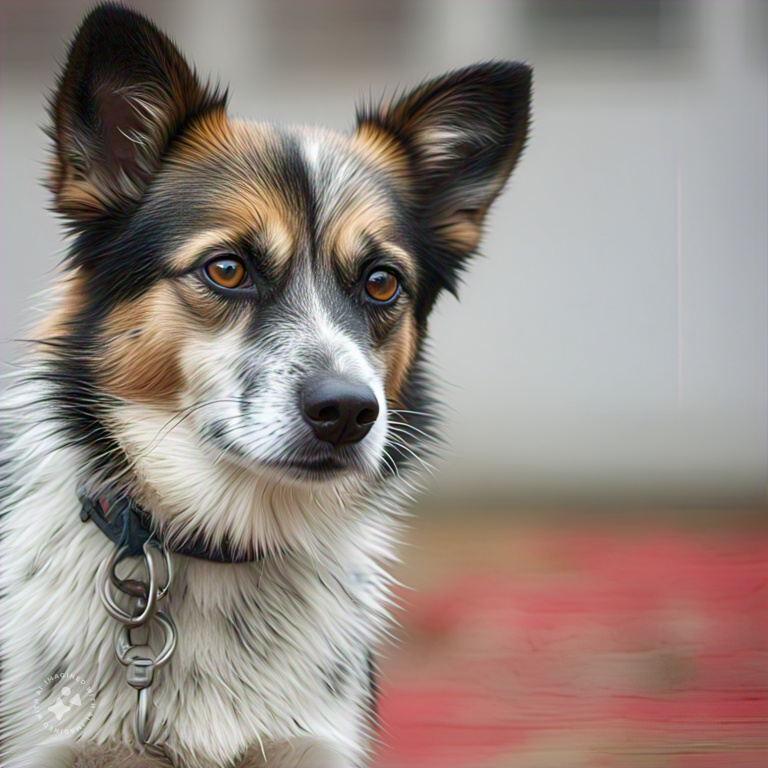One of the most puzzling and unpleasant behaviors that dogs sometimes exhibit is eating poop, scientifically known as coprophagia. While this behavior is common in dogs, it often leaves owners wondering why it happens and how to stop it. This comprehensive guide breaks down the reasons behind poop-eating, potential health concerns, and practical steps to prevent it.
What Is Coprophagia?
Coprophagia refers to the act of consuming feces. Dogs may eat their own feces, the feces of other animals, or even stool found outdoors. Although it may seem revolting to humans, this behavior is more natural to dogs than you might think.
Why Do Dogs Eat Poop?
There are several reasons why dogs engage in coprophagia, ranging from instinctual behavior to medical and environmental factors. Understanding these reasons is key to addressing the issue.
1. Instinctual Behavior
- Cleanliness in Puppies: Mother dogs often eat their puppies’ feces to keep the den clean and free of scents that could attract predators. Puppies may mimic this behavior during their early development.
- Exploration: Puppies, like human toddlers, explore the world with their mouths. Eating poop may simply be a part of their learning process.
2. Nutritional Deficiencies
- Dogs lacking certain nutrients, such as vitamins, minerals, or enzymes, might eat feces to compensate. This can occur if they are on a low-quality diet or have malabsorption issues.
- Deficiencies in vitamin B complex and digestive enzymes are commonly linked to coprophagia.
3. Behavioral Issues
- Boredom: Dogs left alone for long periods may eat poop out of boredom or as a way to self-stimulate.
- Attention-Seeking: If a dog learns that eating poop gets a reaction from its owner, it may repeat the behavior to garner attention.
- Stress or Anxiety: Dogs experiencing stress—such as those in shelters or those with separation anxiety—may eat feces as a coping mechanism.
4. Medical Conditions
- Gastrointestinal Issues: Conditions like exocrine pancreatic insufficiency (EPI) can cause poor digestion, leading dogs to seek additional sources of nutrients.
- Parasites: Intestinal worms can deprive dogs of nutrients, prompting poop-eating.
- Diabetes or Thyroid Imbalances: These conditions can cause increased hunger and abnormal eating behaviors.
- Malabsorption Syndromes: Conditions that impair nutrient absorption may also play a role.
5. Environmental Factors
- Dirty Living Areas: Dogs kept in unclean environments may consume feces due to a lack of alternative options for cleanup.
- Access to Other Animals’ Feces: Dogs often find cat litter or other animals’ waste appealing due to its higher protein content or palatability.
Potential Health Risks of Coprophagia
While the act of eating poop may stem from natural instincts, it can pose health risks to dogs, including:
- Parasites: Roundworms, hookworms, and whipworms can be transmitted through feces.
- Bacterial Infections: Salmonella, E. coli, and other bacteria can cause gastrointestinal upset.
- Toxic Substances: Feces from animals exposed to medications or toxic substances may harm your dog.
How to Prevent Coprophagia
Stopping your dog from eating poop requires a combination of behavioral training, environmental management, and sometimes addressing underlying medical conditions.
1. Rule Out Medical Causes
- Schedule a visit to the veterinarian to check for nutritional deficiencies, parasites, or underlying health issues.
- If dietary deficiencies are suspected, switch to a high-quality, balanced dog food or consider supplements recommended by your vet.
2. Clean Up Immediately
- Remove feces from your yard or home promptly to eliminate access.
- If you have a cat, place the litter box in an area inaccessible to your dog, such as a room with a pet gate or a high surface.
3. Provide Proper Nutrition
- Ensure your dog’s diet meets all their nutritional needs. Look for dog foods that are AAFCO-certified for complete and balanced nutrition.
- Add supplements if recommended by a veterinarian, such as digestive enzymes or probiotics.
4. Behavioral Training
- Teach the “Leave It” command to discourage your dog from eating feces or other undesirable items.
- Reward your dog with treats or praise when they ignore feces, reinforcing positive behavior.
5. Increase Mental and Physical Stimulation
- Provide toys, puzzles, and interactive games to keep your dog entertained.
- Ensure your dog gets enough exercise, as tired dogs are less likely to engage in undesirable behaviors like coprophagia.
6. Use Deterrents
- Some commercial products, like For-Bid or Stool No!, are designed to make poop taste unpleasant to dogs.
- Adding certain foods to your dog’s diet—like pineapple or pumpkin—may alter the taste of their feces, making it less appealing.
When to See a Veterinarian
You should consult a veterinarian if:
- Your dog’s coprophagia is persistent and doesn’t improve with intervention.
- The behavior is accompanied by other symptoms like vomiting, diarrhea, weight loss, or lethargy.
- You suspect your dog has ingested feces contaminated with harmful substances or parasites.
Is Poop-Eating Normal for Dogs?
While coprophagia is unpleasant for dog owners, it is relatively normal in the canine world. However, consistent efforts to address the behavior are important to prevent potential health risks and maintain a clean, healthy home environment.
Key Takeaways
- Coprophagia in dogs can be caused by instinct, nutritional deficiencies, behavioral issues, or medical conditions.
- The behavior can pose health risks, including exposure to parasites and bacteria.
- Preventing poop-eating involves a combination of veterinary care, environmental management, and behavioral training.
- Proper nutrition, prompt cleanup, and mental stimulation are critical steps in discouraging this behavior.
By understanding why your dog eats poop and taking proactive measures, you can address the behavior effectively while ensuring your pet’s health and happiness.

